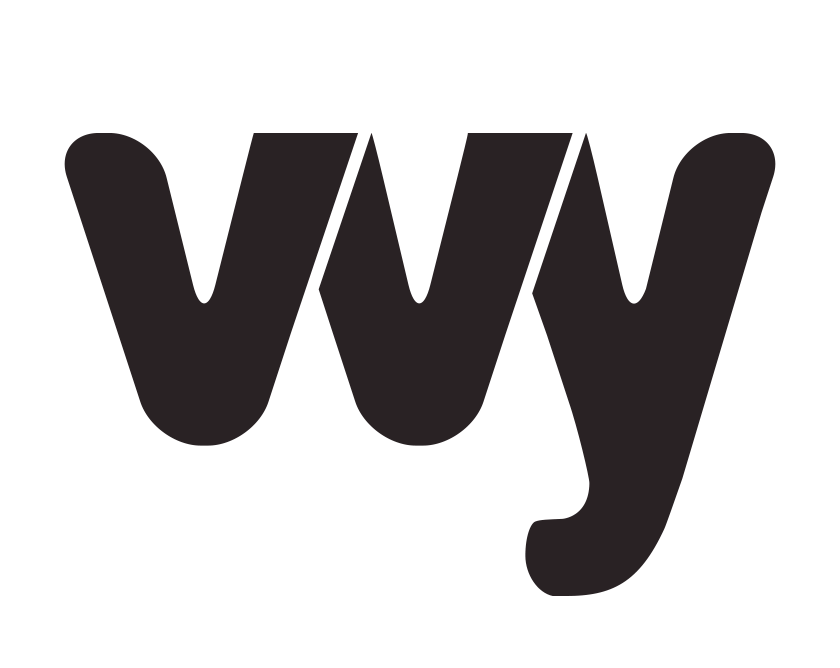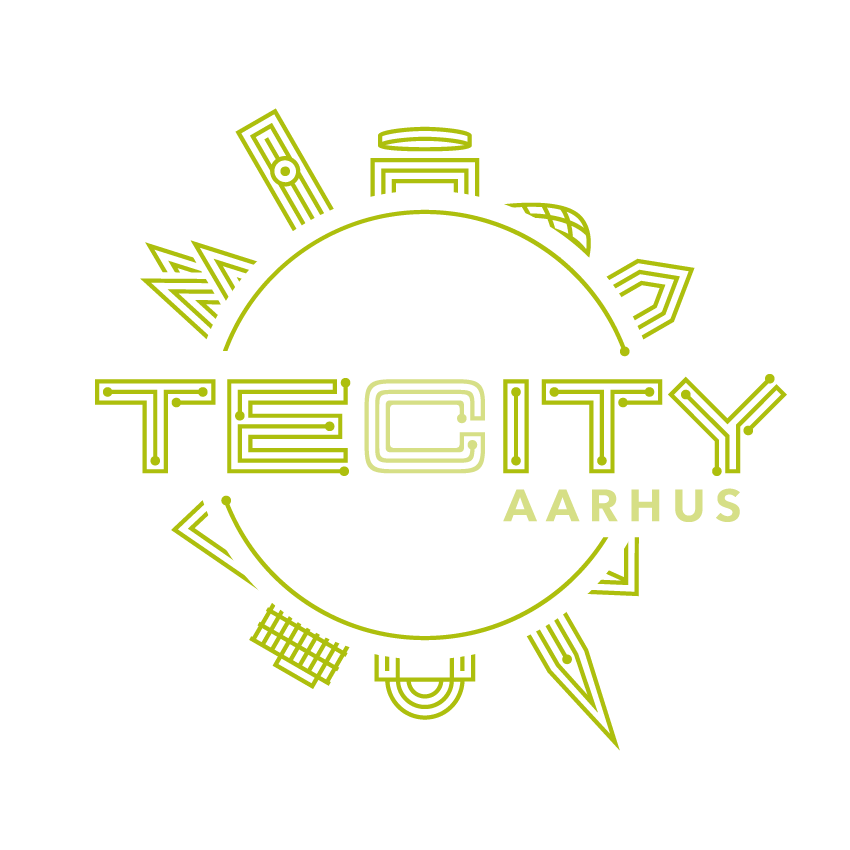“Not only do they know our sexuality and religion, they also know what we want to eat for breakfast.”


A group of millionaires are sitting around a table enjoying a nice lunch. Along the way, they agree that the richest person pays the bill. But when the bill arrives on the table, none of them want to pull out their bank apps to compare their wealth – and reveal how much money is actually in the account.
This is one of the situations that the Aarhus-based startup Partisia will be able to help solve with its technology. With its blockchain-based infrastructure, they can connect, compare and process data completely encrypted. They will be able to check millionaires’ accounts, calculate and answer who is the richest – without the millionaires or Partisia knowing how rich any of them really are.
The concept is called “Multi Party Computation” (MPC) and is a discipline in cryptography where multiple parties collaborate on computation, but each party does not want to reveal their input to the others. It’s a concept Partisia has been working to put into widespread practice since 2017. The first real cases are now underway, and if Partisia succeeds on a large scale, it will open up new possibilities for data protection and online privacy, explains Peter Frandsen, co-founder of Partisia.
“Privacy is a bit of a toxic concept – you often get the question, why are you afraid to hide something?” says Peter Frandsen, and continues with an example: “But try going into your bank and find one month in the last 12 months where you want to share it on Facebook.”
Few people want to share their bank statements. Yet every day we share a lot of data that can be used to tell a lot about us,” explains Peter Frandsen.
“If you know the power consumption of your TV from millisecond to millisecond, you also know what movie is running on it. That’s the core of the problem we solve.”
Blockchain is just a technology
A solution for MPC was the starting point for Partisia, and they quickly realized that blockchain was a good technology for the task. That’s why the company has spent a lot of resources building its own blockchain, which is built to run MPC efficiently. But Peter Frandsen would rather talk about something other than the blockchain solution itself.
“Technology drives us, but the market doesn’t buy technology, they buy solutions. We need to articulate what we can do in a way that the market will buy it. We have spent a huge amount of time building technology. Now we need to make it usable for specific customers,” he says.
Partisia has already had success with several use cases, including a research project with Statistics Denmark, where business statistics could be calculated on encrypted data from different partners in the project. Several pilot projects have given them experience with confidential data in areas such as healthtechIt's all about bringing in new ideas and making healthcare more innovative across the whole system: To make healthcare easier to access and help patients. More and fintech. And even though the company has always been in the black, they are now looking to raise external capital to support a global expansion of the solution.
“Our technology is ready, but it simply requires a different gear to scale internationally. And with an external capital raise, it will be possible to navigate that gear shift,” explains Peter Frandsen.
The dream of a different internet
Partisia has several products and use cases for the technology. In essence, however, it’s about creating an infrastructure that makes it possible to perform calculations on encrypted data across different parties – where each party or user has full control over their own data.
On a larger scale, Peter Frandsen’s dream is that Partisia can help create a more decentralized and diverse platform economy in the digital sphere, where individuals have more control over their data.
“The battle on the internet today is won by those who have data. And those who have data can build better services and thus get more data. This is what Google and Facebook have become. Not only do they know our sexuality and religion, they also know what we want to eat for breakfast,” says Peter Frandsen and continues:
“I could dream of the same thing happening to the internet as happened to the mobile companies in the new millennium. We have created monopolies – Microsoft, Meta, Google – that hold the majority of consumer data. If we can help create a decentralized way of doing things, where the individual has more control over their data, they can be exposed to disruption.”
